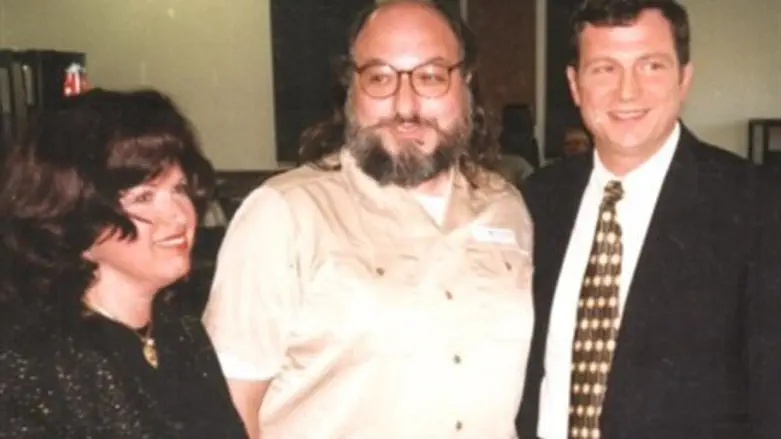
Israel's justice minister sought Saturday to quell speculation that the potential release of jailed spy Jonathan Pollard was a US gesture to ease Israeli anger over the Iran nuclear deal.
"There is no political or diplomatic involvement here," Ayelet Sheked told Israel's Channel 2.
"It is an American legal procedure: the parole commission needs to approve his release from prison after 30 years," she said.
A US-born Israeli, Pollard was arrested in 1985 and two years later was sentenced to life in prison for passing American intelligence on Arab and Pakistani weapons to the Jewish state.
Pollard becomes eligible for parole in November, and the US Justice Department indicated on Thursday that it would not oppose his release.
On Friday, the Wall Street Journal claimed the Obama administration was preparing to release Pollard imminently, possibly in a matter of weeks.
"The Department of Justice has always and continues to maintain that Jonathan Pollard should serve his full sentence for the serious crimes he committed, which in this case is a 30-year sentence as mandated by statute," its spokesman Marc Raimondi said.
Israel was deeply critical of the July 14 agreement between Iran and the major world powers over Tehran's nuclear program.
Prime Minister Benjamin Netanyahu called the deal "a historic mistake" which would not prevent Iran from developing a nuclear arsenal but would open a flow of money to Tehran, much of which was sure to end up in the pockets of terrorists and other sectarian groups sowing strife and violence across the region.
"The sanctions relief offered by the deal will inject hundreds of billions of dollars into Iran's coffers," Netanyahu told visiting British Foreign Secretary Philip Hammond last week.
"This money will bankroll Iran's aggression in the region and its terrorism worldwide."
Israeli lawmaker Nahman Shai (Zionist Union), chairman of parliament's lobby for Jonathan Pollard, said he believed a decision to release him could be linked to the storm over Iran.
"I wouldn't rule it out," he said on Saturday.
"The Americans are looking for ways to placate Israel, there's no doubt about that," Shai told public radio.
"They are aware of the anger and bitterness in Israel, both in political circles and among the general public.
"Pollard in their eyes is a kind of candy which could sweeten somewhat the bitterness over the Iran agreement."
